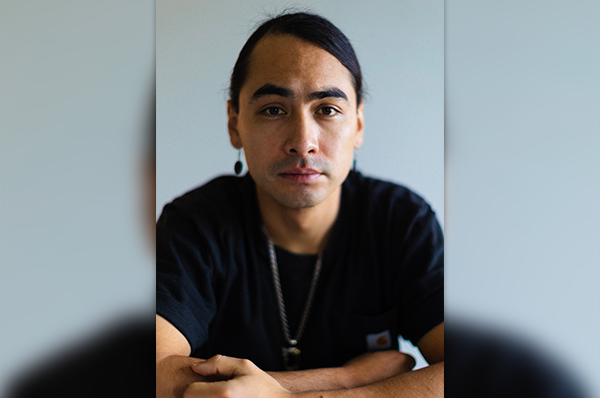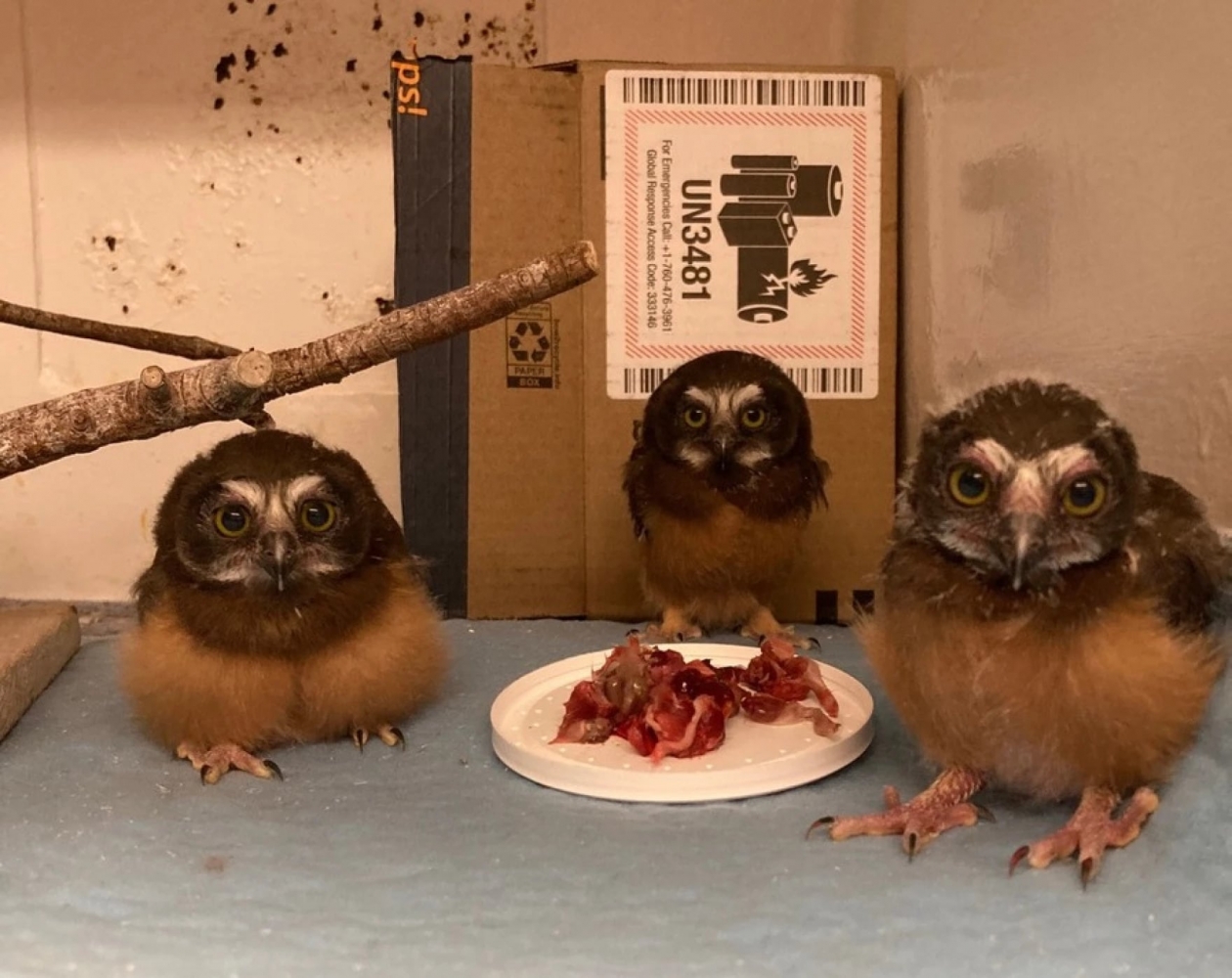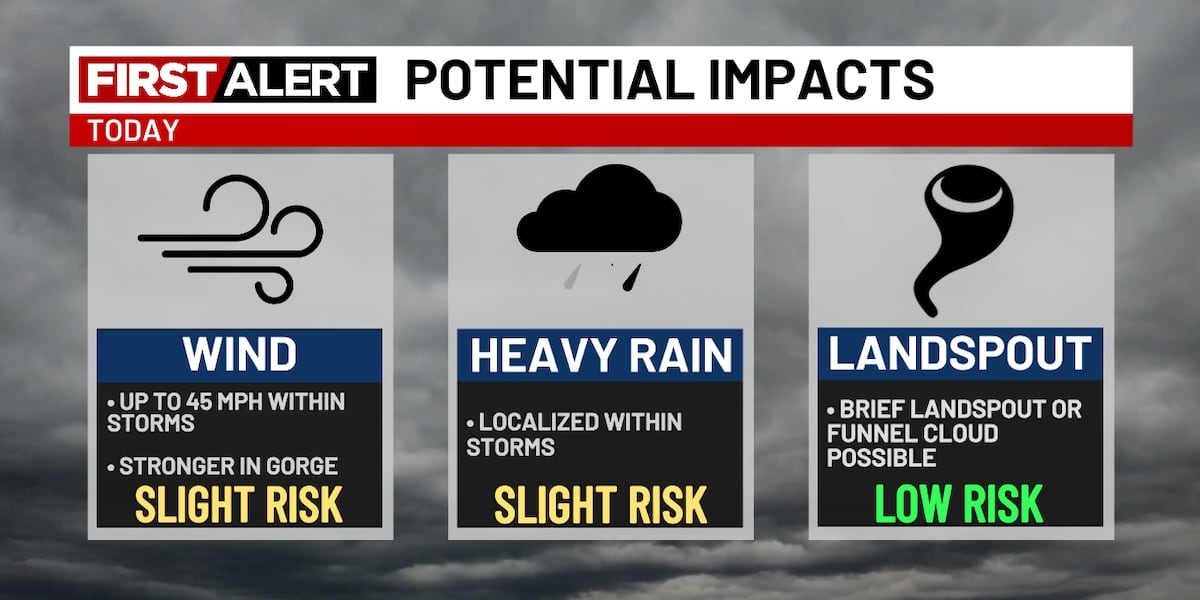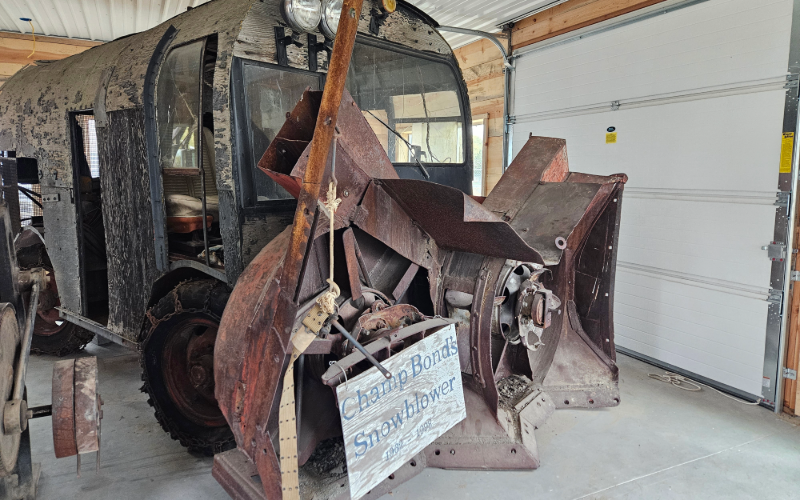

Published on: 10/19/2025
This news was posted by Oregon Today News
Description

Julian Brave NoiseCat’s new book, "We Survived the Night," blends oral history, journalism and a deeply personal memoir. What emerges is a portrait of Indigenous survival, love and the complicated bond between father and son.
OPB’s “Weekend Edition” host Lillian Karabaic spoke with the author.
The following transcript has been edited for clarity and length.
Lillian Karabaic: I loved this book and I think one of the interesting choices is that you frame “We Survived the Night” around your relationship with your father. What made you decide to tell such a personal story alongside this larger history of Indigenous peoples?
Julian Brave NoiseCat: Well, I think it was just true to my relationship to this larger history of Indigenous peoples because I am a child of two worlds. My mom is an Irish Jewish New Yorker, and my dad is a Secwépemc man from British Columbia, Canada.
So my relationship to my father, who left when I was a kid, has always been central to my relationship to my identity as an Indigenous person.
So, as I set out to tell a story about contemporary Indigenous survival and resurgence, I also knew that I was setting out to tell a story about my father, myself and our family.
Karabaic: You described your father as both an artist — and you really talked about his skill as an artist — but also a man haunted by his past that keeps coming back out, and you keep noticing some of his patterns in your own behaviors. How did reconnecting with him as you were writing this book? How did that change your own sense of self?
Brave NoiseCat: Well, firstly, I made a probably pretty unusual for a 28-year-old bachelor decision to move back in with my dad. My father left when I was about six or seven years old. He was a Native artist who was an alcoholic and left to chase fame and to start another family, which he also ended up abandoning.
The connection between us was really a broken one. I saw him probably less than two dozen times between the age of six and 23. I really felt that as I set out to write this book that it was important for me to go all the way there on every part of the subject to go there to the places I reported, and also to go there with my relationship with my dad.
So, I made the unusual decision to move in with him, and it was actually a really, I mean, it was challenging at times, and I write about that a bit in the book, but it was also a really beautiful decision, because suddenly we were living across the hallway from each other, cooking each other breakfast, staying up late at night, having a little smoke telling stories and reconnecting in a way that ultimately was really healing for us, which was what I hoped for, but you can never predict how these things are going to play out.
Karabaic: One of the things I really liked about this was that you weaved so many different of storytelling in this. It’s like oral history, memoir, just some straight-up reporting from your background as a reporter, and then you told it all kind of in the style of a coyote story. How did you balance those modes of storytelling while also telling this personal memoir and keeping this narrative cohesive?
Brave NoiseCat: Well, I kind of let the book and the material sort of tell me the form that it wanted to take as I was working on it. The book as I came up with it initially was different than the one that I ultimately ended up writing, and what ended up happening was I was spending these two years living with my dad, learning his life story.
We’d hang out at night and I’d turn on the recorder and he’d just tell me different things about his life, some of it having to do with me and my abandonment, but a lot of it just having to do with his childhood, different things that he’d gone through these crazy stories of survival, of making it off the rez, of his artistic career, all kinds of chapters of his life that I didn’t really know.
The more that I heard about this guy who was like this survivor, creator, brawling Indian superhero, who had way more than nine lives, I started realizing that there was a lot of resonance between this figure of my father and this figure from our mythology, the trickster Coyote who was a character who was sent by a creator to the earth to set things in order and did a lot of good, but he was also up to no good.
He was up to mischief all the time, very self-serving out for his own legend, a great creator and destroyer in his own right, and constantly dying and being resurrected so many times in fact, that our people never really counted how many times he resurrected.
As I was hanging out with my dad and studying these oral histories that, to be honest with you, are not really told at all by my people anymore. I realized that my dad, who is a descendant in our understanding of Coyote, was a lot like the guy.
And when that clicked, I also knew that our people always considered the Coyote stories to be nonfiction. And I just wondered if it would at all be possible to write an entire book in the tradition, the style, the structure of a Coyote story, because we considered those stories to be nonfiction.
And they still, in my view, as I was coming to understand them and putting them in conversation with my own life and observations, they still had a lot to say about Native families, about the Native world, and arguably about the world more broadly.
I look out at a world today helmed by a trickster president, for example, and I can’t help but see the wisdom of my ancestors traditions.
Karabaic: The section on the Lumbee tribe really grapples with colonial definitions of race and identity, but also current American politics. What did you hope readers would take away from that story?
Brave NoiseCat: Their story to me was really illustrative how Indigenous stories, when you really actually pay attention to them — which our society unfortunately does not — usually can reveal fundamental things about race, about myth, about history, about Indigeneity — if you know where to look.
And those were the kinds of stories that I felt particularly drawn to, whether it was the Coyote stories or stories of Indigenous peoples that got at something about what it is to be Native and also just what it is to be a person living on this continent.
Karabaic: OK. The title, “We Survived the Night,” it speaks to endurance. In your eyes, what does survival look like for Indigenous communities today?
Brave NoiseCat: Well, I would say that it looks like someone hanging out with their old man with whom they have a complicated relationship.
It looks like a kid who grew up a thousand miles away from the reservation that their family calls home in a whole country away. I grew up in Oakland, California. My people are from British Columbia, Canada, learning the language of his Kyé7e, his grandmother, who was sent to Indian residential schools.
It looks like a people like the Lumbee who are told time and again, even by other Native people that they are not Native, but who continue to pursue the recognition of their rights and their identity in the eyes of the law. I think it’s the persistence of these things. And it’s also, I think, the incredible way that we tell stories.
I think that the storytellers that have inspired me are aunts and uncles hanging out in a reservation living room, just telling some of the most terrible, funny, surprising off the wall stories. And I just hoped that tradition of survival while laughing and smiling and crying about it — that’s the tradition that I hope that I can be part of.
Karabaic: And that was, I think, a lovely note to end on. Thank you so much for joining me, Julian.
Brave NoiseCat: Thank you so much for having me. It really means a lot.
Other Related News
10/19/2025
A Corvallis wildlife center and animal hospital is struggling to keep its doors open The f...
10/19/2025
Sunday will feature breezy showers with an occasional downpour Theres a small chance for f...
10/19/2025
He alleged the protests indicate a rise of Marxism in the Democratic Party
10/19/2025
Like many American cities Portland has been struggling to combat rising unaffordability an...
10/19/2025











